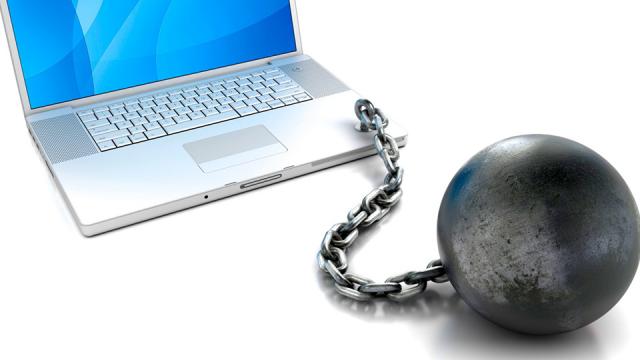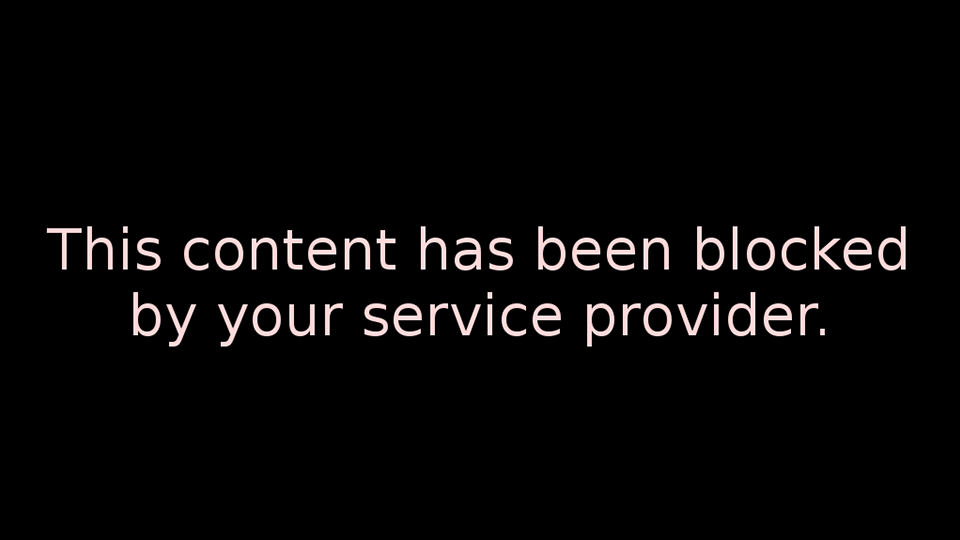
The next time the loudmouth in the next cubicle interrupts you with yet another recap of his weekend, just start talking about “net neutrality.”
He will immediately bury his head back in his work, perhaps even lay it on the desk and begin napping.
But a topic that generally begets narcolepsy is about to become, well, interesting. The government is contemplating changing the rules for how content is delivered over the Internet, which could mess with people’s TV programming and web browsing, so there may soon be fire in those glazed-over eyes.
Wait, we’ve seen this before: Remember the Stop Online Piracy Act, or SOPA, the dispute two years ago in which the entertainment companies, backed by the government, took on Silicon Valley? It was the Little Big Horn. Time and again, when the government tries to insert itself between the Internet and its users, it gets clobbered. This could end up the same way. Here’s why:
This Thursday, the Federal Communications Commission will vote on whether to move forward with a proposal that would allow broadband providers to charge extra to content providers if they want their programming delivered in a fast lane so it streams reliably.
In a letter released on Friday, Tom Wheeler, the F.C.C. chairman, said he cared deeply about the principle of net neutrality, or the equal treatment of content on the Internet.
“My commitment to protect and preserve the open Internet remains steadfast,” he wrote. But regardless of how he spins it, Mr. Wheeler is really proposing two Internets: One slow, where most of the traffic lives, and one fast, for those who can afford it.
On Sunday, The Wall Street Journal reported that Mr. Wheeler would propose new language, as soon as Monday, saying that the agency will not allow the web to be divided into fast and slow lanes.
Netflix already cut such a deal with Comcast, complained about it, and then turned around and struck essentially the same deal with Verizon, which is kind of a nifty trick when you think about it. Comcast and other broadband providers point out that Netflix sucks up about 30 percent of the system’s capacity, so that it should pay more than others only makes sense.
But why should you, as someone who just wants to use the web to surf or watch programming, care whether companies like Netflix and Hulu have to pay companies like Comcast and Verizon to ensure smooth feeds? Well, even though consumers won’t be charged directly for the faster service, we all know where those fee increases will end up landing.
I just received a notice from Netflix that the price of a new membership is rising $1, to $8.99. It’s still small money and a bargain at that, but as its costs and that of other companies go up, what had been a cheap alternative for lots of programming could start to become costly.
The bifurcation of the Internet is a scary prospect and the F.C.C. itself is divided over the proposed rules: Jessica Rosenworcel, a commissioner, has called for a delay in any changes, and Mignon Clyburn, a fellow Democrat on the five-member panel, has joined her in pushing back against the aggressive plan that Mr. Wheeler has set out.
A potentially more threatening pushback arrived last Wednesday when a coalition of tech companies — Amazon, eBay, Facebook, Google, Twitter, Yahoo, and just about every other digital company you have ever heard of — registered their opposition to the changes in a letter to the F.C.C.
The signatories did not mince words, calling the proposal “a grave threat to the Internet.”
The letter goes on: “The commission’s longstanding commitment and actions undertaken to protect the open Internet are a central reason why the Internet remains an engine of entrepreneurship and economic growth,” it reads, continuing, “This commission should take the necessary steps to ensure that the Internet remains an open platform for speech and commerce so that America continues to lead the world in technology markets.”
Translation: You are about to break the Internet and you will be deeply sorry if you do.
In the debate between the Beltway vs. the Valley, my money is on the Valley. Remember in 2012 when a clueless Congress lumbered into Internet regulation by coming up with SOPA and a companion bill in the Senate (the Protect I.P. Act)? The entertainment companies that backed the legislation thought it was no big deal, but then a group of Silicon Valley players — many of the same ones who are now coalescing to oppose new Internet regulations — unleashed their user base and a huge wave of protest erupted. Both bills went down hard.
In the weeks after the SOPA debacle, I was at the Sundance Film Festival and then in Hollywood, talking with entertainment executives. They looked like extras from “The Walking Dead,” with bite marks all over them. They didn’t know what hit them because they did not understand the intimate relationship that the Valley has with its customers.
Google, Facebook, Twitter and the like offer you an endless array of useful products, many of them at a cost of absolutely nothing. (You actually trade oodles of privacy and data for the privilege, but that’s another column.) By contrast, cable companies, which provide most of the broadband, supply an endless array of entertainment, but at a very dear price that is not going to endear them to anyone. Add in the fact that broadband providers are the ones we call when the web isn’t working — have you ever contacted Netflix when your movie was endlessly buffering? — and you can see how they get the blame for everything and credit for nothing.
All this comes as Comcast, the No. 1 cable company, is also appearing before the F.C.C. and Congress seeking to acquire Time Warner Cable, the No. 2 cable company. Between looking for approval on the merger and greater flexibility in how it delivers web content, Comcast is asking for a great deal of permission and control, all at the same time.
The F.C.C. is in the position of proposing new rules because in January, a three-judge panel struck down the commission’s previous attempts to exercise control to ensure that all traffic is treated equally. So far, the commission has declined to treat the web as a public utility because it did not want to discourage investment by the big providers, but if it had the will and foresight, many believe it could exercise more authority in a way that would pass judicial muster. It would mean going back to the drawing board, and taking on some powerful interests, but it might be worth it.
The public has an expectation that the web will work like other utilities: When people turn on a light switch, the room lights up, and when they twist a faucet handle, water comes out. People expect the same of the Internet — always on, always working.
We don’t want two Internets — a good one and a bad. We want the money and investment to flow toward a single infrastructure that works rapidly and efficiently, as it does in so many other countries. It should be a medium in which videos of your niece dancing to Beyoncé, streaming coverage of Occupy Wall Street and “House of Cards” all play smoothly when you hit a button.
Given the mounting opposition, the F.C.C. commissioners would be well advised to delay any changes this Thursday. And if they don’t, they may end up starring in a sequel: “SOPA II: When Nerds Bite Back.”
3 WAYS TO SHOW YOUR SUPPORT
- Log in to post comments












